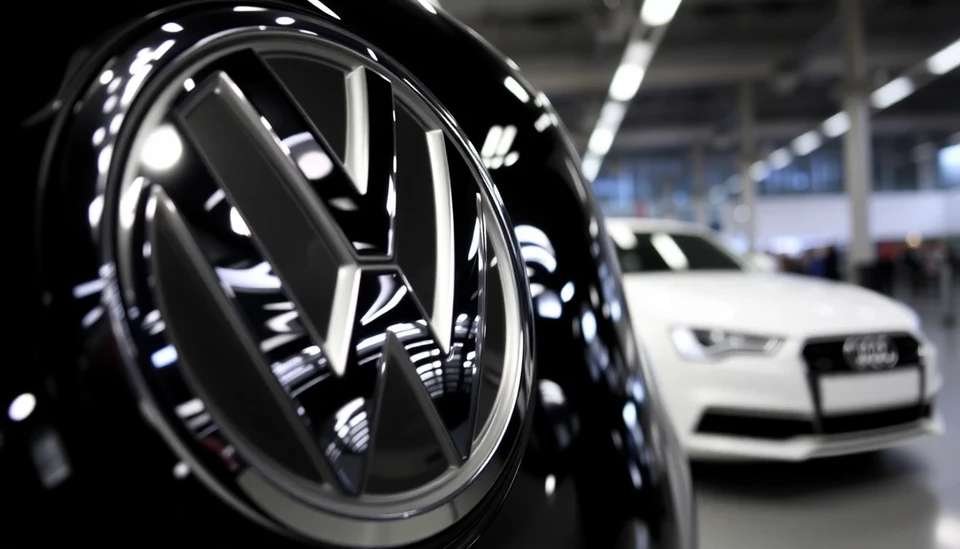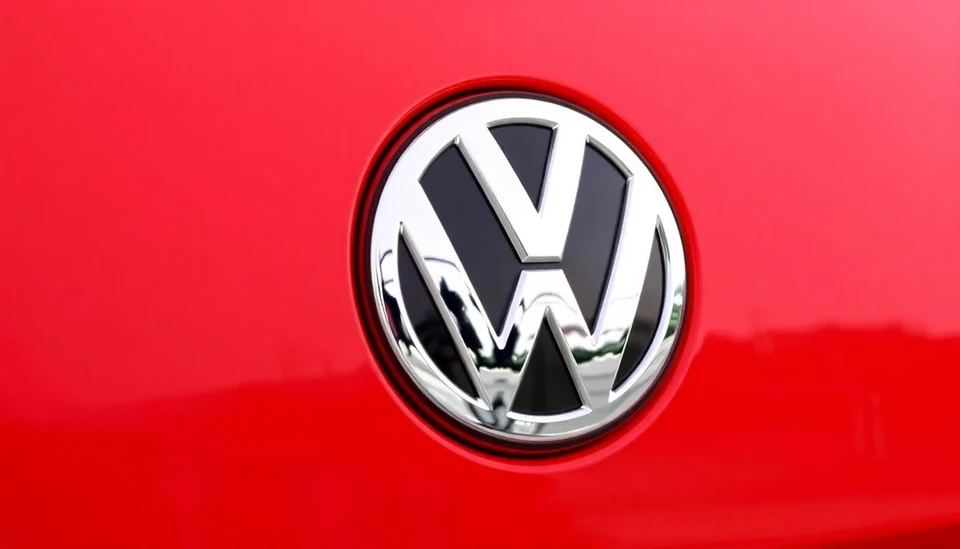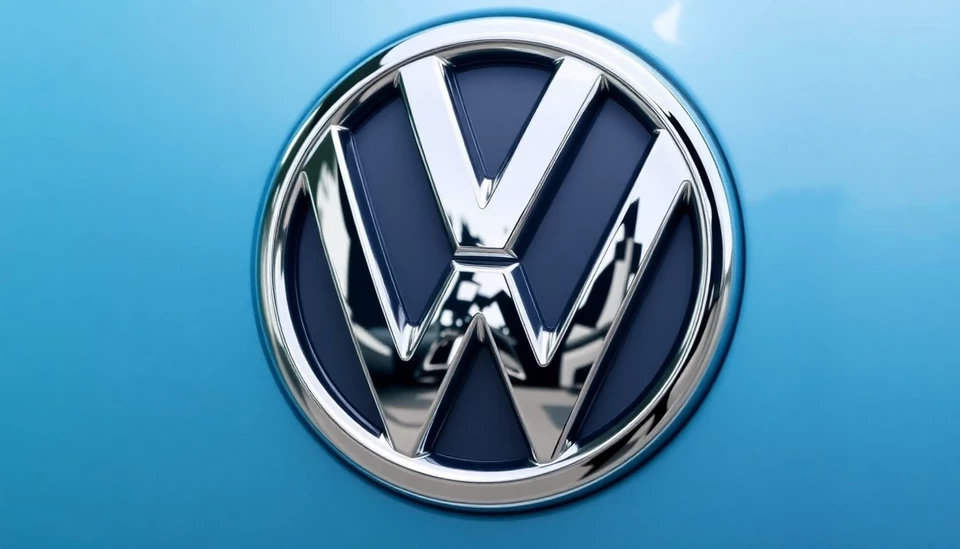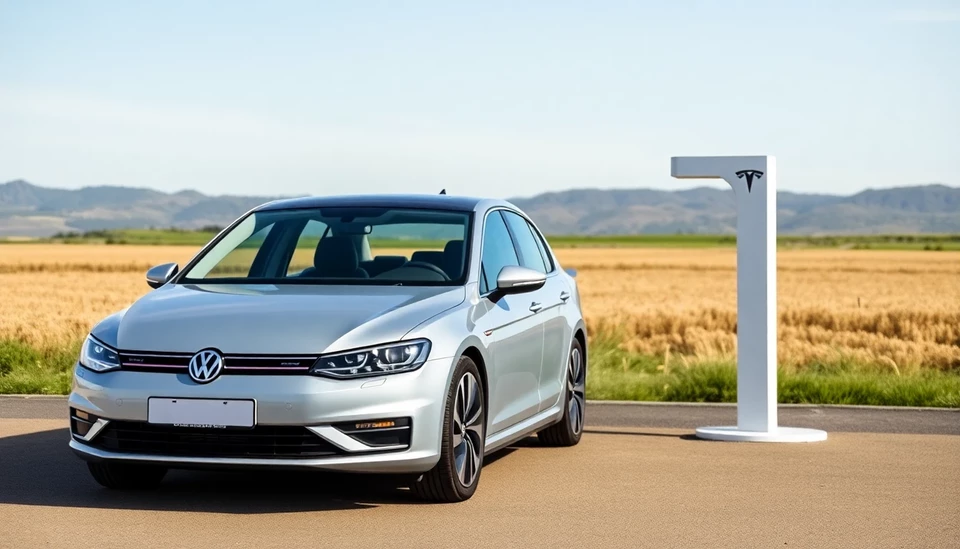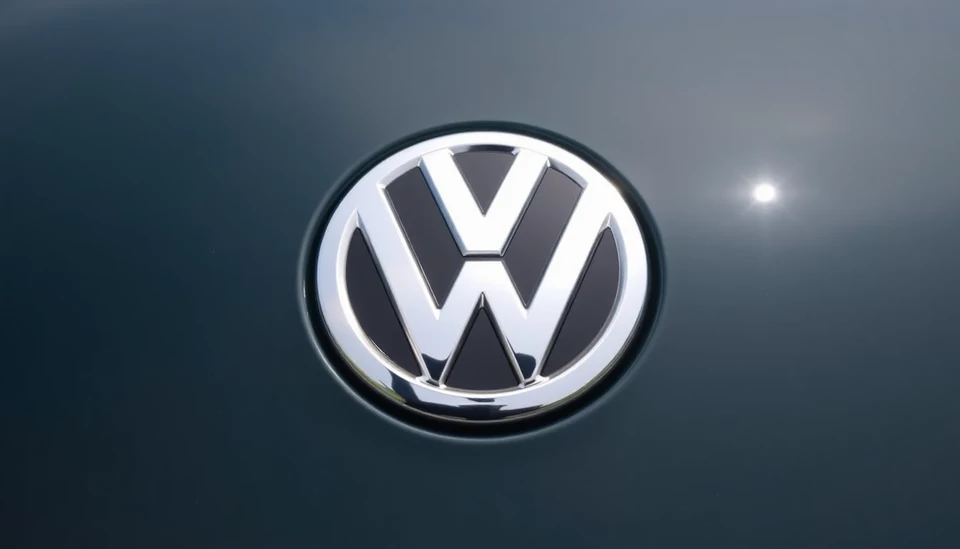
In a decisive move reflecting the shifting landscape of the automotive industry, Volkswagen announced plans to raise vehicle prices in response to the recently imposed 25% auto tariffs by the Trump administration. These tariffs, which aim to bolster domestic manufacturing, have sparked significant concern among automakers, particularly foreign companies operating in the U.S. market.
The German automotive giant stated that the price hikes will be implemented across its range of vehicles and will affect both new car buyers and existing customers looking for upgrades. This decision comes as Volkswagen seeks to manage the increased costs associated with importing parts and complete vehicles into the United States, which has become a crucial market for their operations.
Volkswagen's Chief Financial Officer remarked on the challenges posed by these tariffs, emphasizing the company's strategy to remain competitive while simultaneously ensuring that they can invest in new technologies and maintain product quality. The price adjustments aim to mitigate the financial impact of these tariffs, allowing Volkswagen to continue delivering innovative and environmentally friendly vehicles to their American consumer base.
Industry analysts anticipate that Volkswagen's price increase might set off a chain reaction among other automakers who will also need to consider hiking their prices in order to absorb the tariff costs. This potential ripple effect could lead to higher vehicle prices industry-wide, which may impact vehicle sales as consumers adapt to the new pricing landscape.
The tariffs are part of an ongoing trade policy from the current administration that seeks to protect American manufacturing jobs by encouraging consumers to purchase domestically produced vehicles. However, this approach has raised concerns regarding potential supply chain disruptions and the overall economic impact on the automotive sector. With many manufacturers relying on international parts and assemblies, the effects of these tariffs are expected to be far-reaching.
As companies like Volkswagen navigate this new reality, they are also likely to focus on localized production efforts and partnerships to offset the burdens imposed by the tariffs. These collaborations may include sourcing more components domestically or investing in U.S.-based manufacturing facilities to limit dependency on international supply chains.
As the automotive industry braces for the effects of these policy changes, consumer reactions remain to be seen. Will buyers accept the higher prices for their vehicles, or will they shift towards more affordable options? The coming months will be critical in determining the long-term implications of these tariffs on the automotive market.
In summary, Volkswagen’s decision to raise prices reflects the broader challenges faced by the industry amid changing trade regulations. As this situation develops, the automotive landscape in the U.S. is poised for significant shifts, with the potential for both challenges and opportunities for manufacturers and consumers alike.
#Volkswagen #AutoTariffs #TrumpAdministration #CarPrices #AutomotiveIndustry #TradePolicy #Manufacturing
Author: Victoria Adams
